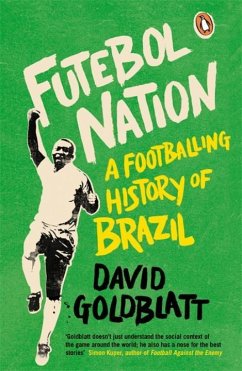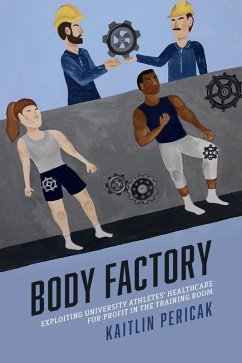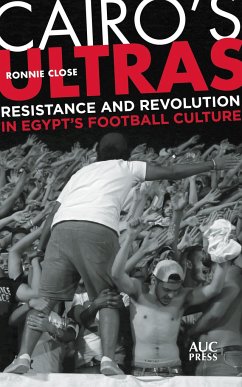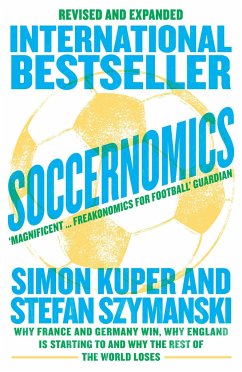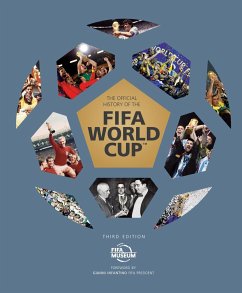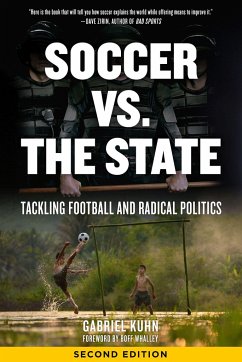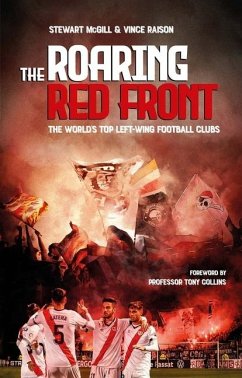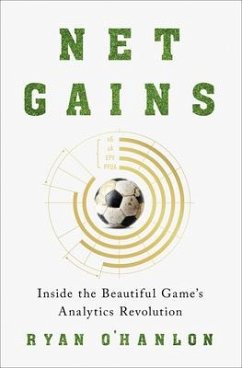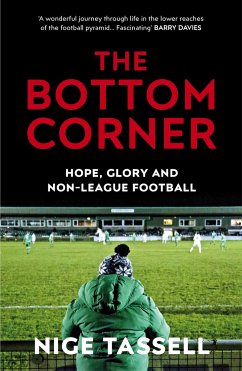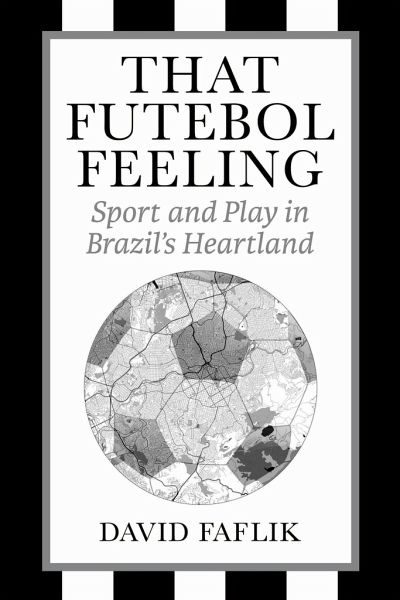
That Futebol Feeling
Sport and Play in Brazil's Heartland

PAYBACK Punkte
15 °P sammeln!
"This book examines the relationship between futebol team Clube Atlâetico Mineiro and its supporters in the Minas Gerais region of Brazil. The author reflects on the similarities and differences between the meanings of play in South American and North American contexts. The book interviews stakeholders during times of national crisis"--



